Leftover food is something no restaurant can avoid. It accumulates at the end of the working day and is often just thrown away at night. This food waste will go straight to landfill instead of being repurposed or recycled. But where does all the leftover food go that hasn’t gone to landfill and what can you do with your food waste?
The types of food restaurants are left with
Many restaurants cook with fresh ingredients, but what they don’t use is often saved for another day or sold to other restaurants for a cut price. Some establishments will give them to their employees to take home to ensure the food isn’t wasted. Not only is this a sustainable method but it’ll also help to build a rapport between restaurant workers and restaurant owners.
Leftover sauces and gravies cannot be donated or sold on to other restaurants and so they’ll have to be thrown away. Customer leftovers, however, are an entirely different ball game. These cannot be donated or used again for another meal. Instead, restaurants are encouraging people to order only what they’ll be able to eat instead of over-ordering food.
The difference between food donation & food waste
The majority of restaurants opt to donate uneaten food to the homeless, food banks or food recovery programmes. It can also be given to charities that’ll distribute the food among the needy. Supermarkets are also doing the same, all in a bid to minimise food waste which, in turn, helps the environment.
However, there are some restaurants who won’t take up that opportunity and for one simple reason; they don’t want to risk someone having an allergic reaction or coming down with an illness. This could bring about a court summons, which can be exceptionally costly. Therefore, all of their leftover food ends up in the bin instead of being repurposed.
If you have a restaurant that puts food waste in the bin, then you should consider hiring a dedicated company, such as Willshee’s, to take away and sustainably dispose of your food waste. Simply separate the food waste from other types of waste and Willshee’s will collect it and dispose of it in a timely, responsible and eco-friendly manner.
Restaurants could also give their fresh food waste to allotments for use as compost, helping to grow and nourish more fresh fruit and vegetables for others to consume. This essentially helps to form a sustainable cycle of food production and consumption.
How can food waste affect kitchen safety?
Food waste has no place in the kitchen and so it will be removed from the setting as soon as possible for health and safety reasons. Many restaurants will start from scratch each day because customer safety and satisfaction is their number one priority. This will then ensure that their business survives.
For example, a leftover meal that hasn’t been eaten cannot be wrapped up and frozen and then defrosted and served up to a paying customer the next day – it puts them at risk. If the restaurant is found to have given their customer food poisoning, they could be presented with a hefty fine, be given court summons or even closed down as a result.
But what some restaurants don’t realise is that there are many uses for leftover food, helping to save money instead of wasting it. If restaurant owners start to think smart about food waste, then the food waste problem might well start to rectify itself.
How can restaurants deal with leftover waste & still turn a profit?
Repurposing ingredients is far more cost-effective than throwing it all away. If restaurant owners can harness this new way of using food waste to their advantage, then they could end up turning over a healthy profit or, at worst, they’ll break even and not have lost out financially at all.
Below are just a few ways in which restaurants can use leftover food. A restaurant with a low carbon footprint could be used as a selling point, encouraging more customers to eat at your establishment rather than your competitors.
Ingredients are repurposed for use in a new dish
Leftover food shouldn’t be cooked, plated up and presented to your customers, for safety reasons more than anything. But let’s say you chopped up a broccoli and were left with the stalk, instead of throwing it in the bin, you could cut it into strips and use it in a stir fry. This is still classed as a fresh ingredient but it’s also repurposing something that would have otherwise ended up in landfill. Arbor, an eco-friendly restaurant located in Bournemouth, make a habit of recycling food waste.
Cocktail menus are often reinvented
Use leftover pieces of fruit and vegetables as garnish for new cocktails. Orange and lemon rinds, for example, can transform the look of a cocktail as well as giving an indication of what can be expected in terms of flavours, for example.
The better the cocktail looks, the more likely someone is to take a picture of it and post it on social media, linking the beverage back to your establishment. Not only does this act as a good advertisement for your restaurant, but you’re also, simultaneously, making money.
Sell it to allotment owners for a heavily discounted price
Allotments are always looking for sustainable, chemical-free compost and fertilisers and you’ll be providing them with just that. If you’re already turning a tidy profit then you could donate it to them. But if you’d like to at least break even, then sell it for a heavily reduced price. You could even look at doing a trade – perhaps a bag of potatoes for a bag of compost of the same weight.
Can food waste be recycled or repurposed?
However, some restaurants simply can’t afford the time to rethink dishes, recreate cocktails or sell leftover pieces of fruit and vegetables to allotments. But they don’t want to send it to landfill, either, and that’s where Willshee’s come in. We can take your food waste away and recycle it on your behalf.
We endeavour to ensure that no further harm is caused by food waste within the hospitality industry by disposing of it in a dedicated Anaerobic Digestion Plant in our local area. Keeping our plants local helps to significantly reduce the emissions that come with driving everyday vehicles, ensuring our carbon footprint is kept to an absolute minimum.
Once your food waste arrives at our facility, it’ll go through the full Anaerobic Digestion process. Here, the food will be turned into compost and the gasses that are generated will be used to sustainably power a much-needed generator. This generator provides green energy to the national grid, further reducing both our customers’ carbon footprints and our own.

Willshee’s are always on hand to provide dedicated recycling services. In addition to food waste, we can also recycle wood, cardboard and glass, to name a few. We strive to lower your carbon footprint as well as our own so you’ll always be able to count on us to deliver waste management services to an exceptional standard and with customer care and consideration in mind. For more information about how we can help you today, get in touch with a member of our specialist, professional team – we’re always happy to help.






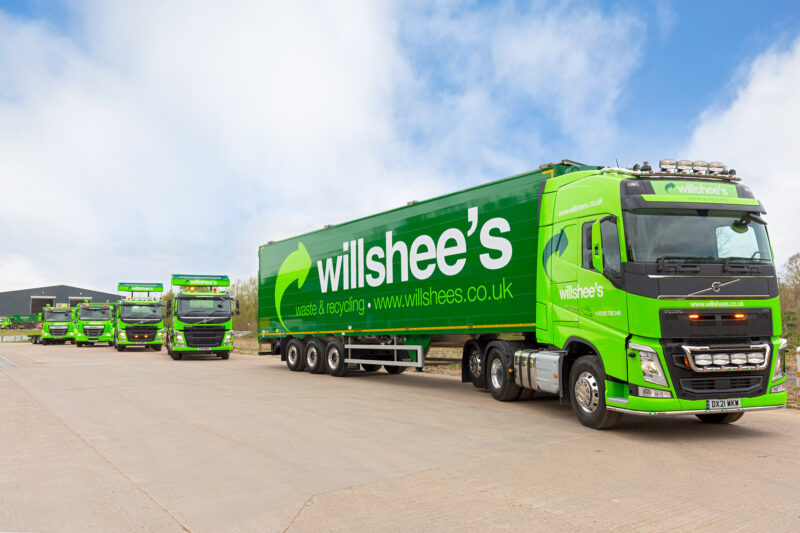
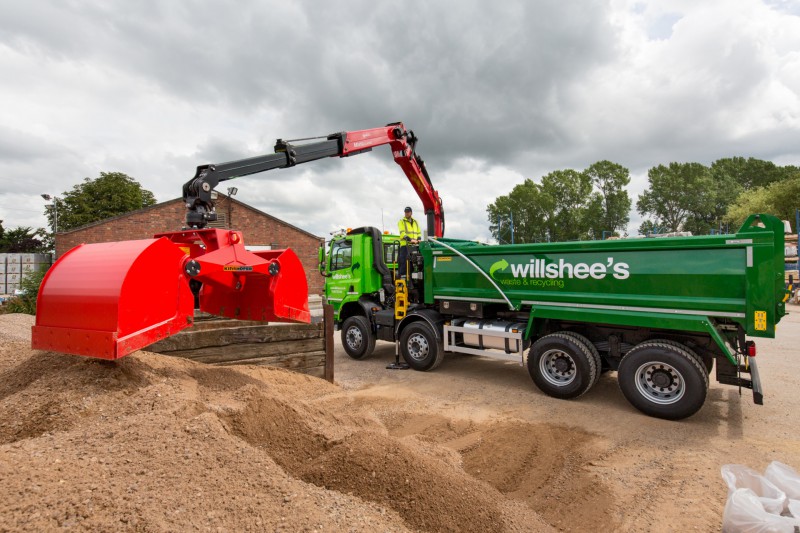

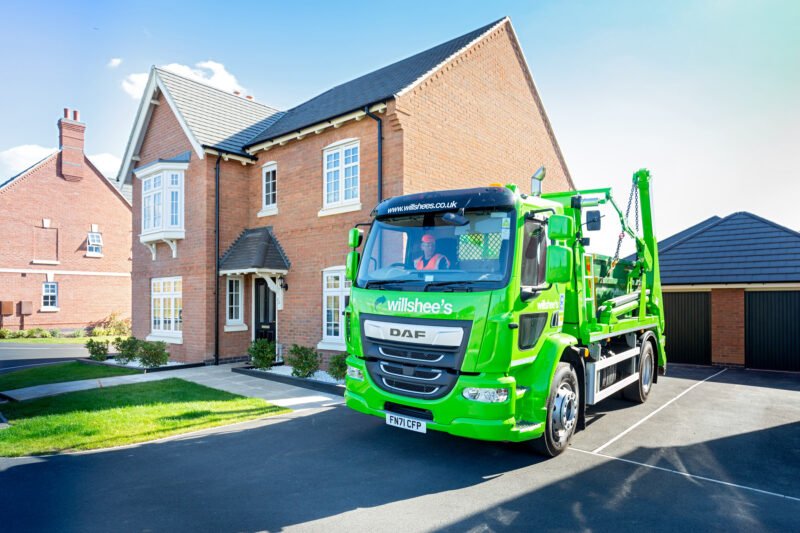
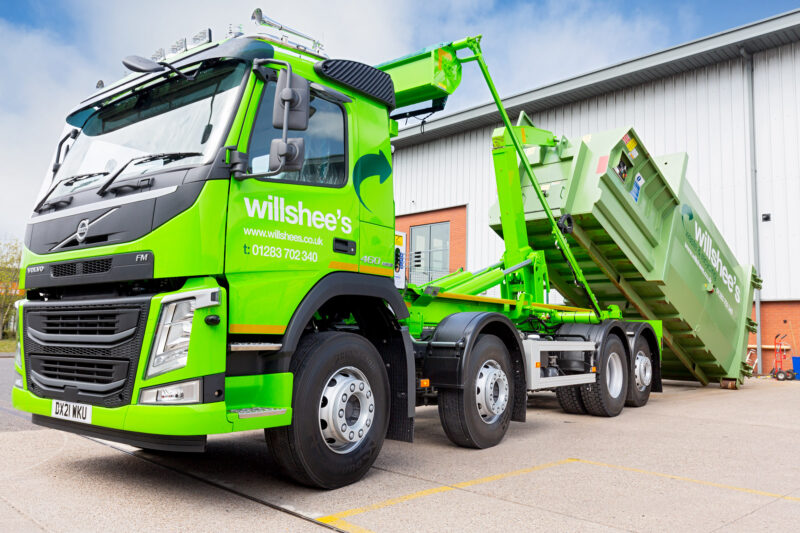
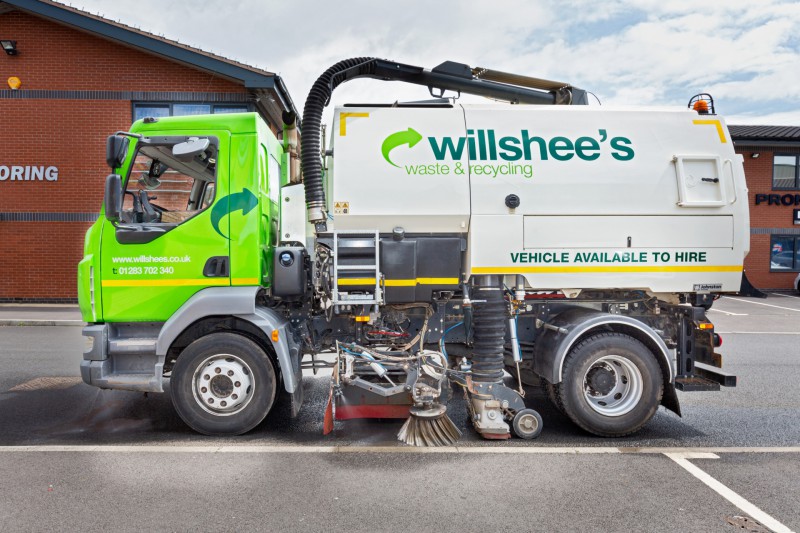
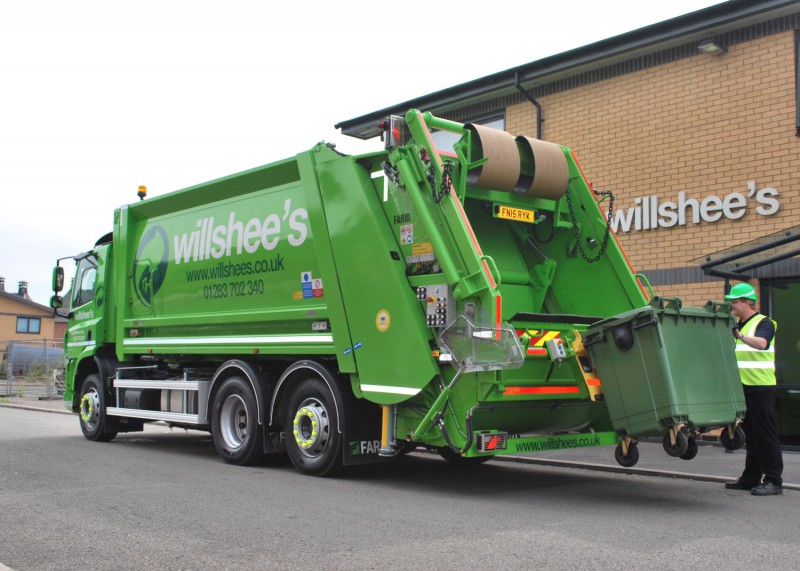
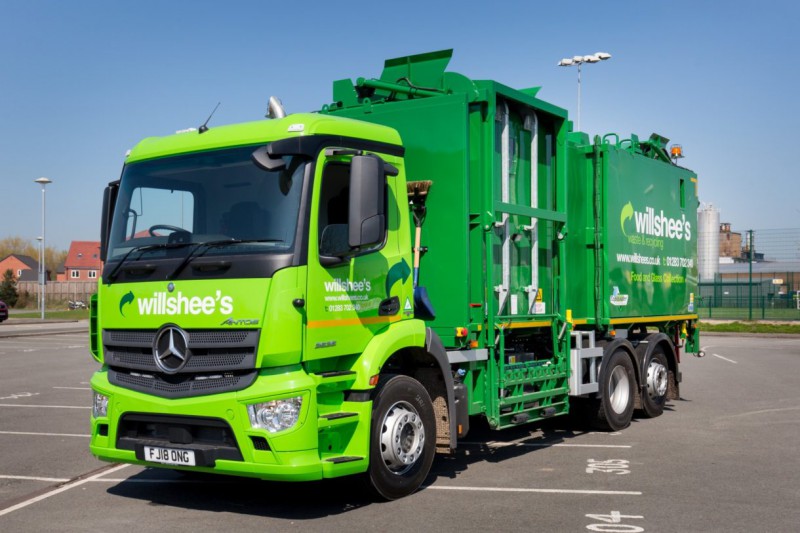
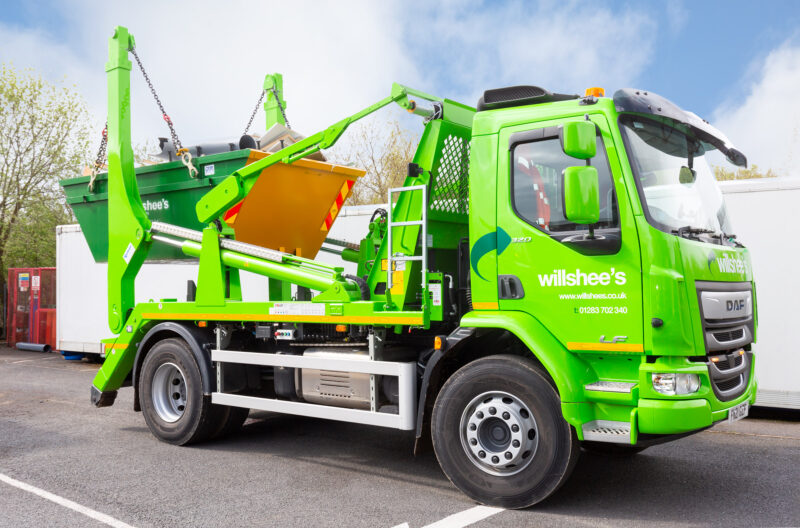
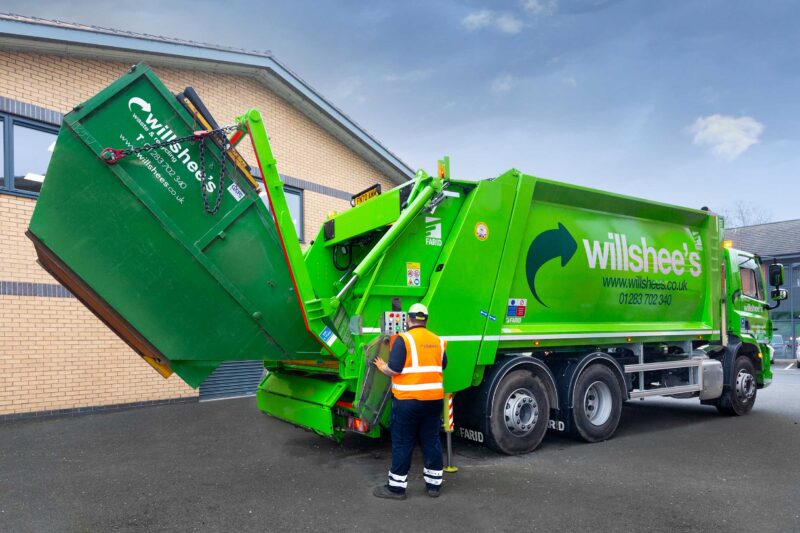



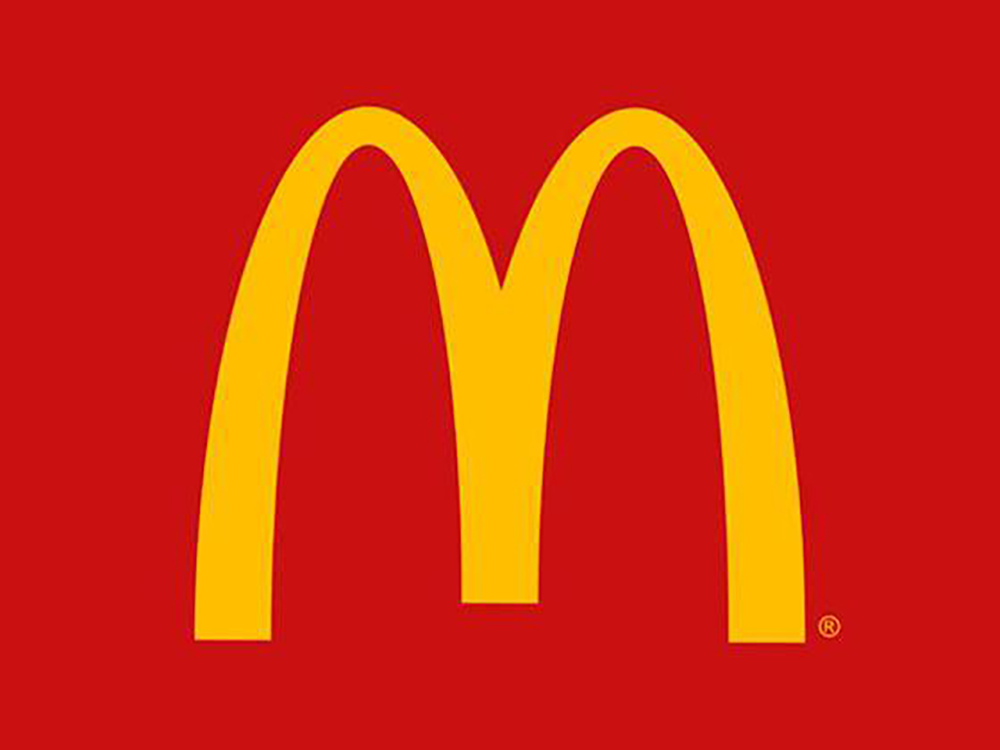


Social